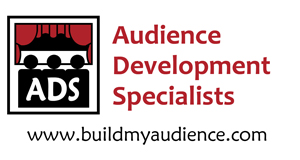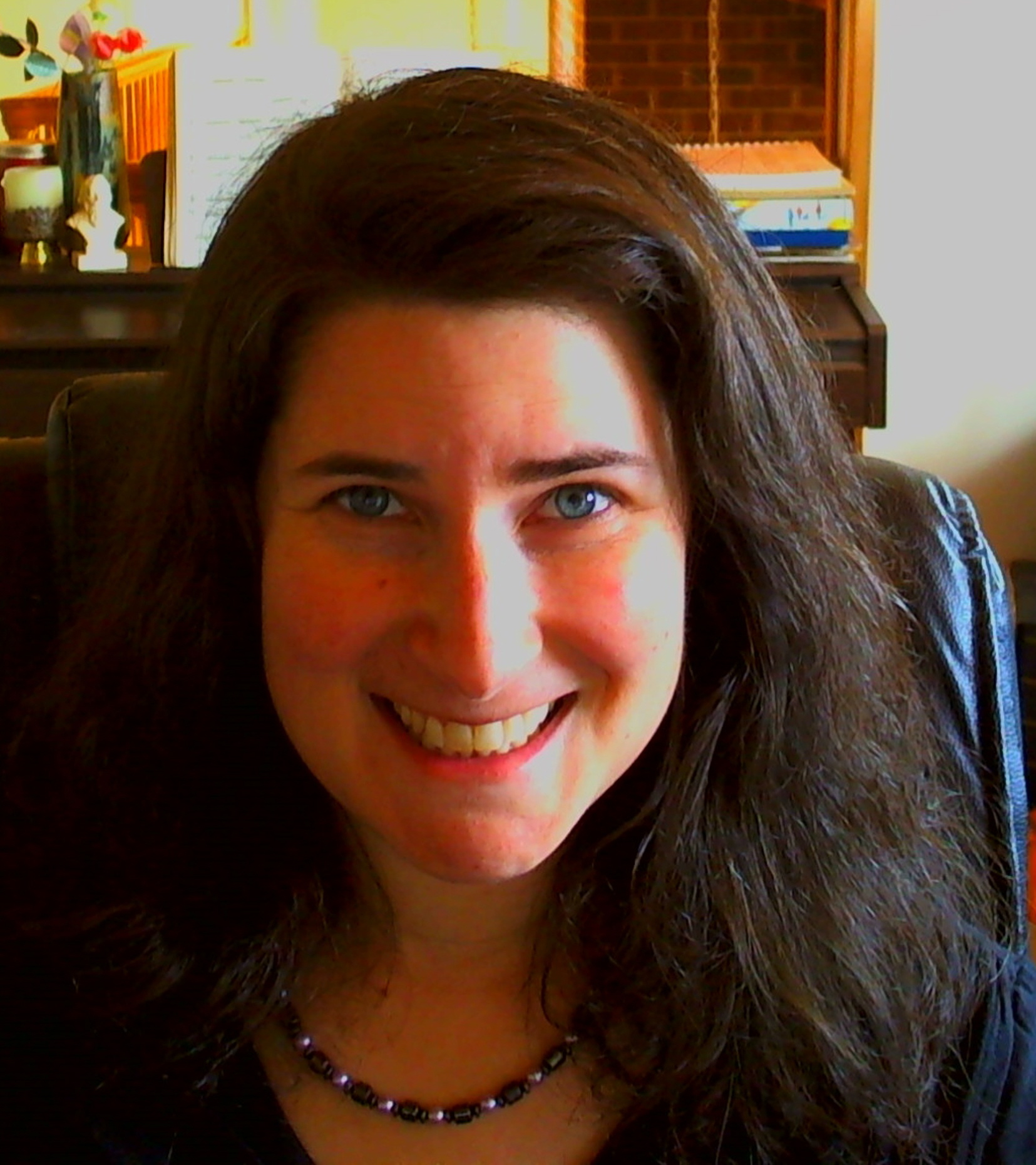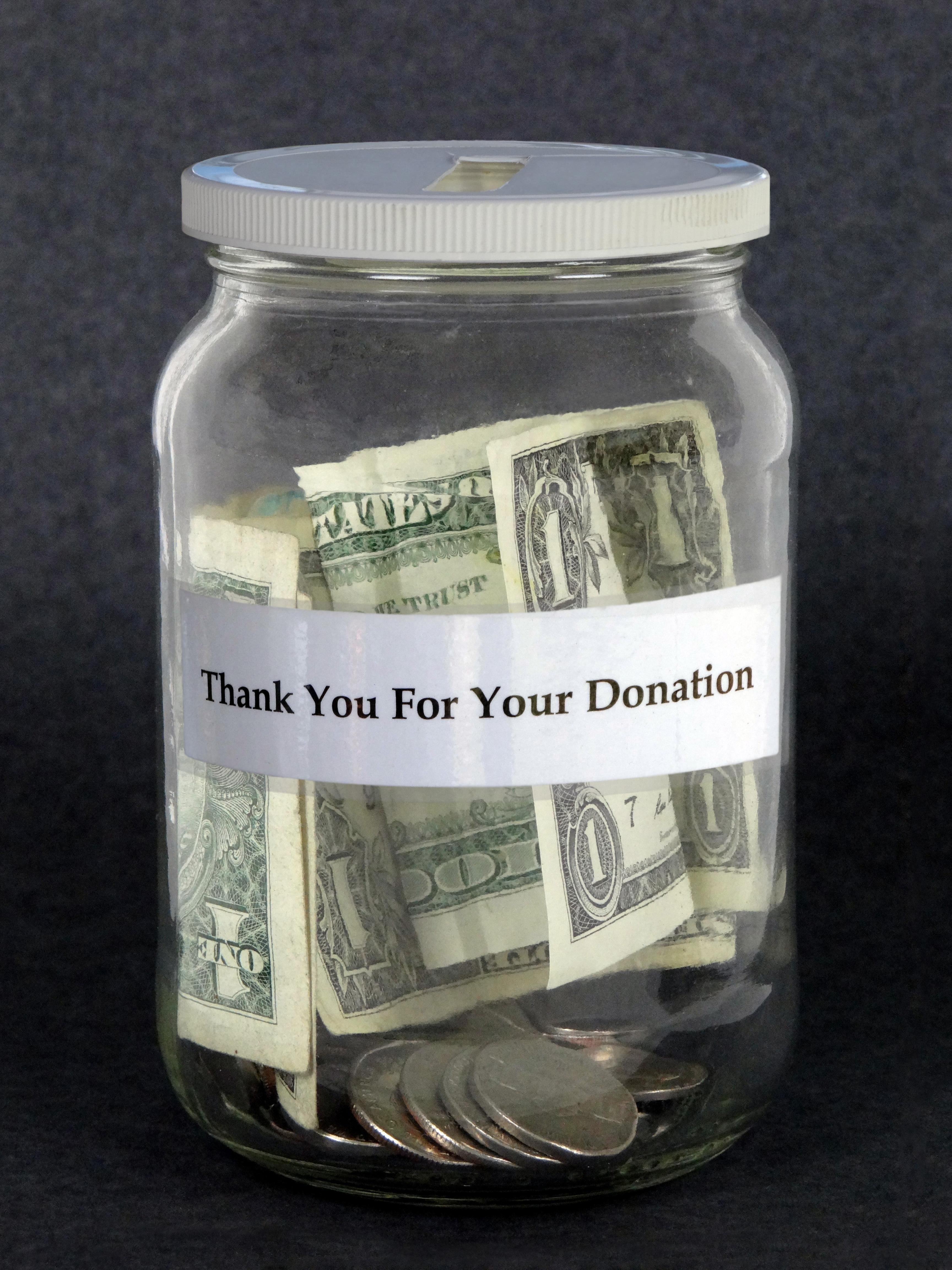I wasn’t planning on blogging today, but I read an article that had my mind buzzing:
Sexed-up arts marketing campaigns a rip off
Xenia Hanusiak, a composer, performer and music reviewer wrote this opinion. Here are a few excerpts to discuss –
When we are promised ”the experience of a lifetime”, or ”a night of passion” and neither manifests, is there recourse? And if so, from whom do we seek it?
I have to agree with her here. Unless the show is so amazing that we talk about it in the future, maybe we need to be more honest with our marketing. I can say as an audience member that I have been hoodwinked more than my fair share taking a chance on these “experiences of a lifetime” hype and instead getting a mediocre production. These performances are entertaining to pass the time, but they aren’t necessarily full of passion. The arts need to be upfront about the type of experience they are sharing. Not all performances and art are going to be mind-blowing, but that is okay. The art is still worth sharing, but perhaps we need to package it for what it is instead of using language that oversells and deceives. I’m guessing the problem is that every artist thinks their offering is the “greatest” or the “most spectacular” art that is being offered. Perhaps we can use our audiences to get some honest feedback before we start promoting to the general public.
In the arts, offering proof before making a claim is a difficult proposition. We are, after all, in the business of subjectivity – one man’s passion is another’s poison. What’s more, in contrast to the commercial market, where product launches and marketing campaigns often go hand in hand, arts marketing is prospective. It is not unusual for marketing, with images and text ranging from confronting to salacious to divine, to arrive in subscription booklets six months before the creative team even sets foot on the rehearsal stage…
So, is using scantily clad models for your opera subscription false advertising when they won’t appear on stage? Is promising ”the greatest show on earth” or ”the experience of a lifetime,” an unsubstantiated claim?
Or take the practice of misrepresenting from reviews for marketing purposes. All too often, the following occurs. A review reports that the entertainment at hand has all the ingredients for a thrilling night, but the production fails. Marketers cut and paste the single word ”thrilling”, magnify it on rooftop billboards and splash the out-of-context word on full-page advertisements.
Many similarly pernicious marketing trends exist, but my biggest gripe is the recent trend in classical music to popularise its product like a pop experience. This, in my view has been one reason for the public’s ambiguous response and falling attendances.
The disconnection promotes a disingenuous relationship. Why not take the road of it’s ”the real thing”? It is, after all, centuries old, it will never be hip – so represent it for its authentic self and perhaps people will respond. Arts marketing that promises to make Lady Gaga out of Beethoven doesn’t just mislead through hyperbole. It disrespects artistic authenticity.
Cheers to happy and loyal audiences,
Shoshana
Shoshana Fanizza
Audience Development Specialists
https://www.buildmyaudience.com
“Never treat your audience as customers, always as partners.”
~James Stewart






Honestly, I don’t think vague descriptions like, “Sensational!” sell very many tickets anyway. It is all about showing, not telling. What makes it sensational? What is unique? Being specific will be more honest and more interesting to audiences.
Hi Kendra,
Your response was the topic of my last blog. I completely agree that the tired old marketing language is not cutting it anymore. We do need to describe what is special about our events to get more people interested.
http://audiencedevelopment.wordpress.com/2011/11/03/descriptive-audience-development/
Thank you, Kendra, for stopping by!